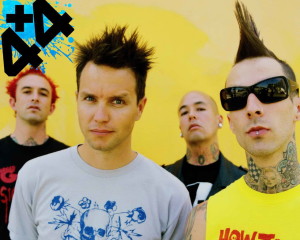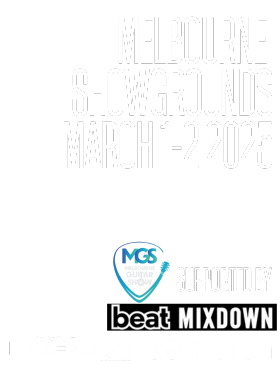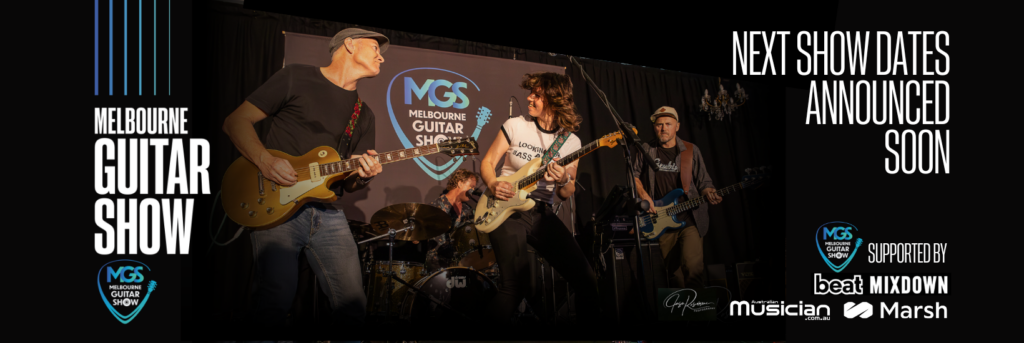TRAVIS BARKER’S +44
November 24, 2006 | Author: Steven Rosen
 Travis Barker’s new project, +44, bears no resemblance to blink-182, the band he worked with previously for over seven years. The new band – containing ex-blink bassist/singer Mark Hoppus and guitarists Shane Gallagher and Craig Fairbaugh – has a dark and edgy feel compared to 182’s more punk/upbeat sound. The quartet’s debut album, When Your Heart Stops Beating, is a textbook of rock drum techniques circa the 21st century. Barker, a madman behind the kit, marries big acoustic sounds to electronic/hip-hop textures in conjuring up a truly cutting edge relationship. Steven Rosen caught up with Travis in between takes at the video shoot of their first single.
Travis Barker’s new project, +44, bears no resemblance to blink-182, the band he worked with previously for over seven years. The new band – containing ex-blink bassist/singer Mark Hoppus and guitarists Shane Gallagher and Craig Fairbaugh – has a dark and edgy feel compared to 182’s more punk/upbeat sound. The quartet’s debut album, When Your Heart Stops Beating, is a textbook of rock drum techniques circa the 21st century. Barker, a madman behind the kit, marries big acoustic sounds to electronic/hip-hop textures in conjuring up a truly cutting edge relationship. Steven Rosen caught up with Travis in between takes at the video shoot of their first single.
Let’s start with your time in blink-182. Was it that blink no longer fed you musically that inspired you to go out and do something else?
In Blink, it was that everyone’s work ethic and priorities were kind of mixed up. Mark and I really, really, really, really, really wanted to record another record and then tour. At the end of the day, our other member (Tom DeLonge) of our band had other things that were dictating where and when he went on tour and record a record. I have three mouths to feed as well as my family, my regular family that raised me. I can’t have someone dictating when I’m gonna work and when I’m not gonna work. So after that it was really a time for me to kind of like re-evaluate my whole situation, what I wanted to do, what kind of music I wanted to play, what I was passionate about most importantly – before anything like a paycheck.
What did you want express in the new band that you hadn’t said before?
I think with +44, our first circumstances where we had to write was in our basement. So I was writing everything on keyboard. I was actually writing keyboard parts and programming drums because I couldn’t be loud. I had a newborn in my house and whatever, and it was grind time for me. So I was sitting down there every night, just kind of like figuring out my MPC, figuring out my Triton, figuring out my MOTIF. Just kind of learning how to sequence, teaching myself, like opening new areas that I didn’t know before. So that was the beginning of +44. Mark was even programming drums. He was playing keyboards. Everything was kind of like electronic-driven, only because we didn’t have the means to have like a big room where we could set up and record real drums. So about 6 months went by of recording like that, and then we got a real studio and we brought everything to life.
Talk about the recording sessions. How do you go into a studio and lay down the drums?
I give myself a click. At that point, Mark was just kind of like playing a riff and I’d remember the riff. And I’d go, “Okay, it’s gonna be this change and we do this accent or whatever.” And I’d go in and record drums, like there’s drums for that song. Or sometimes Mark would have guitar parts ready, but not like all the changes or bridges or whatever. I’d just go in and I’d bang out what I would think would be my verse, my chorus, my bridge, like how I’d interpret what he is saying with his guitar. I’d listen to his parts and I’d decide whether it’s gonna be 4/4. If it’s gonna be double time, I’m gonna play in?. That’s just where you experiment. That’s where your ideas come out.
On the record you’re using the Orange County acrylic drums. Why acrylic drums?
They’re my favorite-sounding drum ever. Not like my favorite Orange County drum, percussion-sounding drum, but my favorite-sounding drum period. I put them up against my old Vistalites, other wood drums like old vintage kits I have, and that just happens to be what I really, really love playing.
What is it about the sound that you like?
The toms are very, very warm, but they’re still bright at the same time. Just enough to cut through. And they have like a great attack. The bass drum sounds like a cannon. Visually they look cool… It’s classic. It’s me.
You’re also now using a 24-inch bass drum, which you hadn’t been using for a while?
Yeah. In different projects, like in Boxcar, the first time I had a big bass drum. It depends on the speed that I’m playing, too. If I was to go out with a speed metal band tomorrow, I wouldn’t have a 24-inch bass drum. It all changes to adapt to whatever band I’m playing in.
How about for +44?
Yeah, it’s big! It’s a big bass drum, big cymbals. I want the loudest drums ever! Orange County is the loudest. I have a Bell Brass that I’ve had with me for years, like 4 years. It has sweat and blood from like the last 4 years of my life. I’d be pissed if I ever lost that snare drum! And then Zildjians, I’m using K’s right now just because it’s kind of a darker record at times. I’m using like ride cymbals to crash on, like Sweet Rides to crash on live.
Which is different.
Live I always tend to go to thicker cymbals, but never this big. I’ve never had like Sweet Rides that I’m using as crash cymbals that I’m hitting like as 16’s. You know what I mean? But that’s what time it is onstage with this band.
The bass drum you’re using is a 24 X 22. Typically the rock guys were like the 24 X 14’s back in the day.
Yeah, I still want to up that. I just want to be able to kick the shit on my bass drum and it be able to voice what I’m putting into it. You know what I mean? Some drums can’t do that. With the Vistalites and those sizes, I feel like that happens. I’ll break a beater before I’ll be bummed on my drum kit. I love, love, love those drums and the sizes were just compatible with what we were doing.
What are the plans now?
We go do press for about 4 or 5 days, then we go to Europe and we play about 9 shows. We come home and we start a U.S. tour. So it’s starting again, but it feels really good. We played a show to a roomful of fans that know one song that has been released on the Internet. I just can’t wait till they’re singing along with every song.





